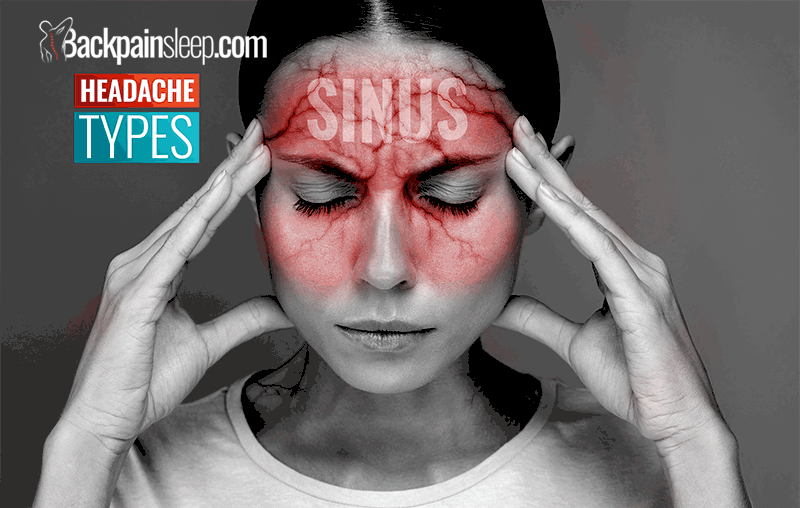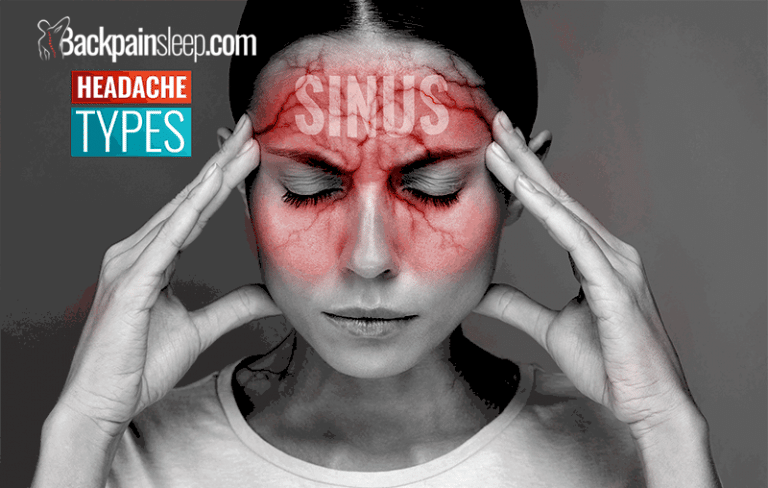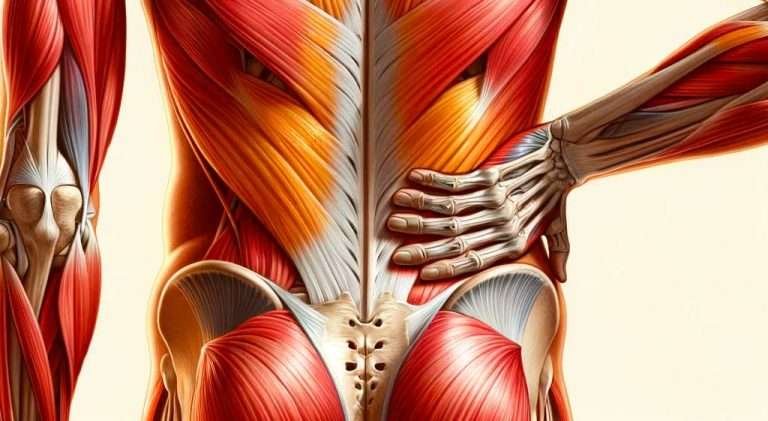Introduction: What is a Tension Headache?

A tension headache is a type of headache that is usually caused by stress and tight muscles in the neck and jaw. They can be triggered by bending, looking up, or even looking at a screen for too long. These headaches can be relieved with basic self-care such as massage, stretching, taking deep breaths, and drinking plenty of water.
Tension headaches are one of the most common types of headaches. They are often called muscle tension or stress headaches because they’re often related to mental stress and physical tension in the head and neck. A tension headache is also called a “tension-type” headache because any structural issues do not cause it within the head or brain but
How to Prevent Tension Headaches
A tension headache is a type of headache caused by tightness or pressure on the muscles in your neck, scalp, or face. It can be caused by stress, anxiety, depression, and other factors that cause muscle tension.
Tension headaches can be prevented by doing some simple things like stretching your neck and scalp muscles regularly. You should avoid leaning forward or down while sitting at a desk for long periods. You should also make sure to get enough sleep and exercise.
What are the Symptoms of a Tension Headache?
The symptoms of a tension headache include pain on both sides of the head, pain that comes and goes, and pain that is not relieved by medication.
The most common type of headache is tension headache. The symptoms of a tension headache are similar to those of other headaches, but they tend to be more intense and last longer.
How to Treat a Tension Headache
A tension headache is a type of headache that feels like a band tightening around the head.
A tension headache can be caused by stress, anxiety, or depression. Muscle spasms can also cause stress in the neck and shoulders or from being in an awkward position for too long.
The following are some ways to treat a tension headache:
- Drink water or other fluids
- Take a warm bath
- Massage your neck and shoulders
- Take a break from what you’re doing
Conclusion: The Best Ways To Prevent And Treat A Tension Headache
Tension headaches are among the most common types of headaches, with an estimated 45% of adults experiencing at least one tension headache per month.
Tension headaches are caused by stress. The increased stress levels in the body cause the neck, head, and shoulders muscles to tighten up. This leads to pain in these areas and can also lead to a headache.
The best way to prevent tension headaches is through relaxation techniques. These include meditation, yoga, or deep breathing exercises. You can also try getting more sleep or finding ways to reduce your stress levels.
how to relieve tension headache
Tension headaches are one of the most common types of headaches. They are caused by muscle tension in the neck, shoulders, and scalp.
There are many ways to relieve tension headaches. One of them is to rub or massage your neck, shoulder, and scalp muscles with your hands or with a tennis ball. Another is to take an over-the-counter medication like ibuprofen or acetaminophen (paracetamol).
How Tension Headaches affect daily life
Tension headaches happen when the neck and shoulder muscles tighten and pull on the nerves in the neck. Tension headaches can be caused by stress, fatigue, poor posture, poor sleeping habits, or an injury to the head or neck.
A tension headache can make it difficult to concentrate and focus on the tasks at hand. The pain can also make it difficult to sleep or enjoy activities that require concentration, like reading a book or watching TV. This is because pain signals are sent from your brain to other parts of your body.




